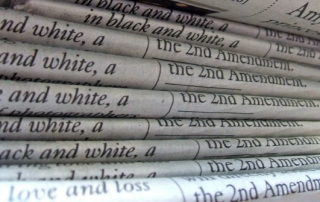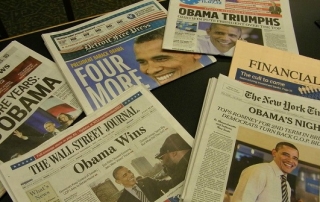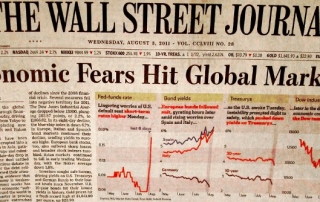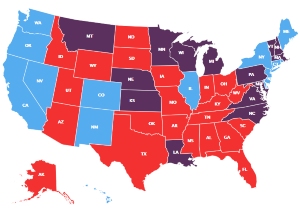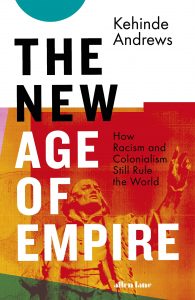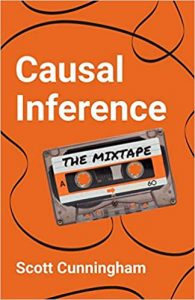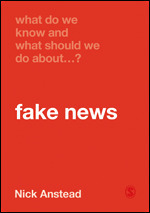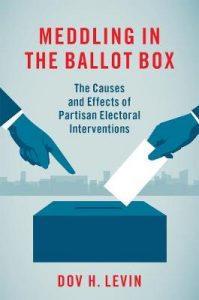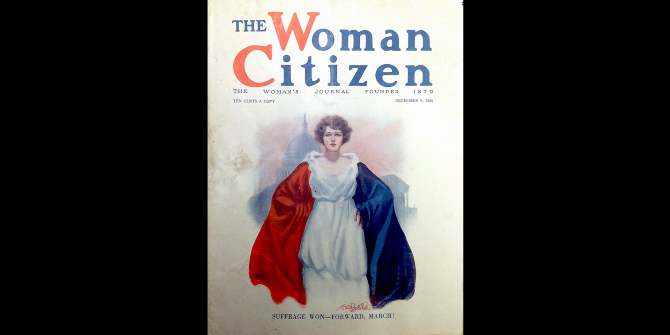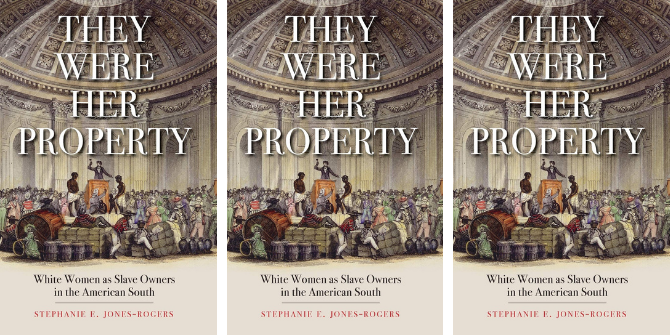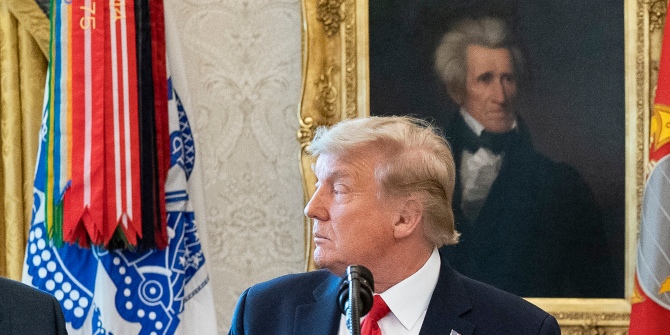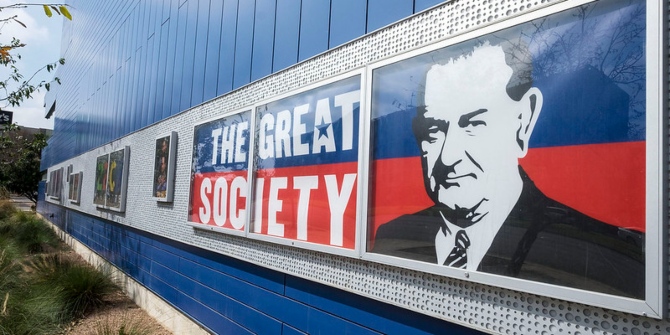Real-time analysis shows that the first debate shifted attitudes among Twitter users towards Biden and the second solidified them.
While debates tend to have a limited effect on a presidential election’s outcome, they can nonetheless play an important role in the way that the media frames the campaigns. In new research Lisa Singh, Ceren Budak, Kornraphop Kawintiranon and Stuart Soroka analysed real-time responses of Twitter uses to the first and second presidential debates. They found that the first […]



